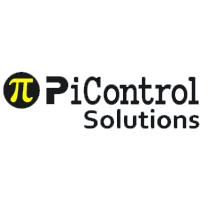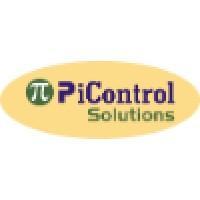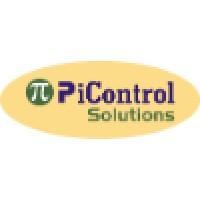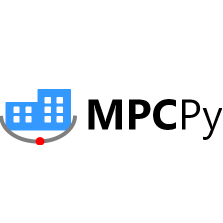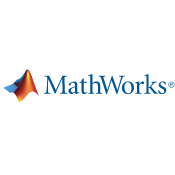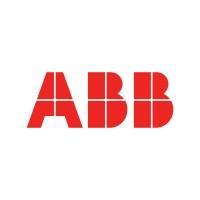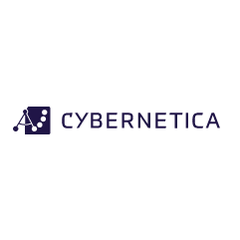
Cybernetica CENIT
Cybernetica CENIT revolutionizes Advanced Process Control with its Nonlinear Model Predictive Control (NMPC) capabilities. By utilizing mechanistic models, it adeptly manages multivariable systems and optimizes performance under constraints. The platform's distributed architecture allows seamless application integration, enabling robust real-time adjustments and superior control over nonlinear processes, enhancing efficiency and safety across industries.
Top Cybernetica CENIT Alternatives
COLUMBO
COLUMBO is an advanced closed-loop universal multivariable optimizer for Model Predictive Control (MPC) that enhances control system performance by utilizing AI-driven algorithms.
INCA MPC
INCA MPC software enhances plant performance through continuous online optimization of key process parameters.
Apromon
APROMON is a cutting-edge online software solution designed for real-time monitoring and diagnostics of PID control loops and advanced process controllers.
Pitops
PITOPS revolutionizes Advanced Process Control (APC) with its unique ability to perform multivariable closed-loop system identification without intrusive step tests.
Aspen DMC3
Aspen DMC3 revolutionizes how energy and chemical companies manage operations, combining advanced process control with AI-driven insights.
MPCPy
MPCPy serves as a robust Python package designed for implementing occupant-integrated model predictive control (MPC) in building systems.
AVEVA APC
It optimizes production by improving yield and quality while minimizing energy consumption...
Model Predictive Control Toolbox
It supports linear and nonlinear problems, offering various MPC designs including adaptive and explicit controllers...
ABB Ability System 800xA
It enhances engineering efficiency and operator performance while optimizing asset utilization...
Top Cybernetica CENIT Features
- Nonlinear model capabilities
- Mechanistic model structure
- Advanced estimation algorithms
- Continuous model adaptation
- Multivariable control optimization
- Built-in constraint handling
- Distributed application architecture
- Real-time optimisation integration
- Tailored application development
- Safe operation features
- Fault detection mechanisms
- Efficient workflow tools
- Plant replacement simulation
- Improved state estimation
- Adaptive control strategies
- Optimal grade transitions
- Enhanced predictive control
- Lower energy consumption
- Carbon footprint reduction
- Robust online performance.
